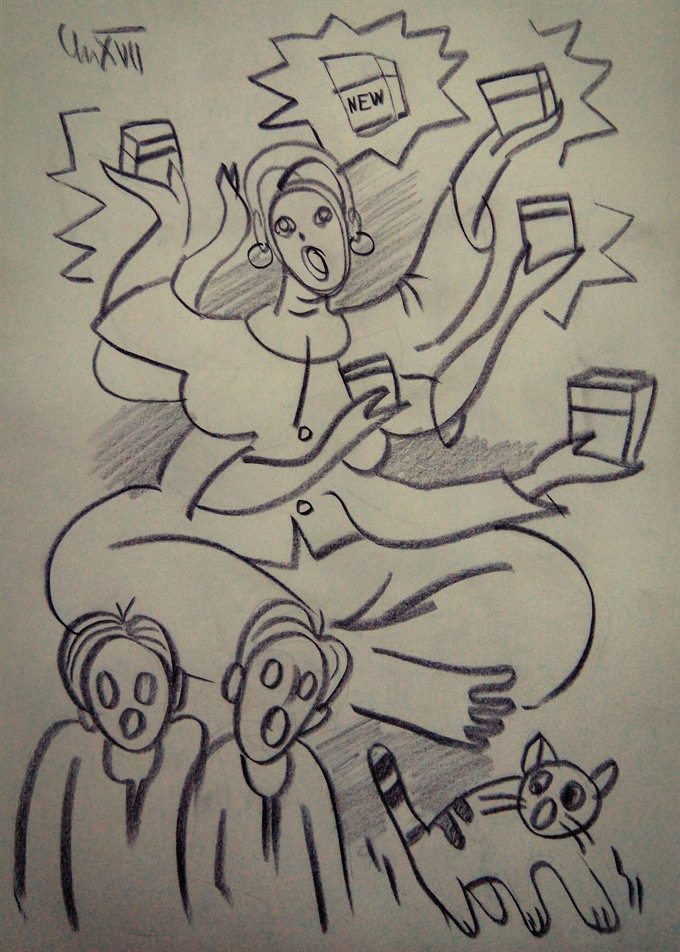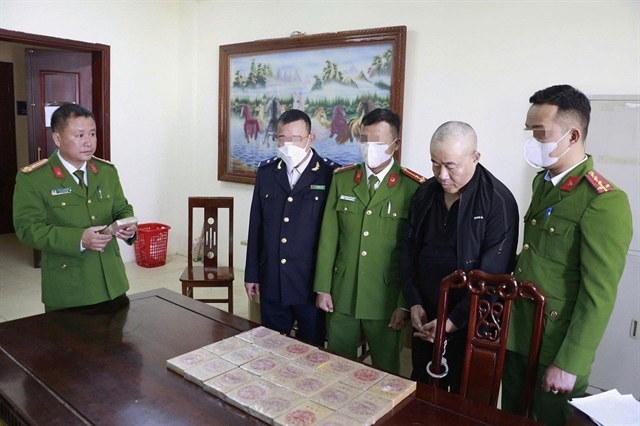 Talk Around Town
Talk Around Town

As a consumer and a mother, I am always willing to pay extra for higher quality goods, particularly when it comes to food, because the health of my family, especially children, is involved.
 |
Mai Khuyên
As a consumer and a mother, I am always willing to pay extra for higher quality goods, particularly when it comes to food, because the health of my family, especially children, is involved.
But how reliable will this information be if the producers make the safety declarations without the Government’s oversight or inspections?
Now, we seem to be facing a situation where this can happen in the name of reducing red tape and business costs.
Typically, food service enterprises must apply for food safety and hygiene permits before they get a licence to sell their products in the market, but many have complained it is too hard to get them, that the procedures are too complicated.
The revised Decree 38 on implementing the law on food safety, which will be submitted to the Government after more than a year of debates, is set to change the situation drastically… a bit too drastically, if you ask me.
The decree, if approved by the Government, will allow enterprises to announce their product quality and register food safety on their own. This would apply to nearly 90 per cent of the current products in the market.
At a recent meeting to gather opinions on the decree from enterprises across the country, representatives of many companies highly valued its provisions, calling them “a breakthrough” in the nation’s food management.
Good for them.
But is it really good for us, the consumers?
I have nothing against enterprises being helped to reduce costs and make more profit, but in the context of food safety emerging as a “hot” issue, with many instances of food poisoning affecting greater numbers of people, with the exposes of meat being injected with unhealthy substances, or reports of excessive use of chemical pesticides and other “plant protection” chemicals of dubious quality, how can less regulation help?
Like other women living in the cities, I spend half of my income on food and foodstuff, most of which are produced at home. When I buy something, I read the label carefully to get essential information about it
The labels carry relevant information including nutrition values, manufacturing and expiry dates and food safety certified by the Ministry of Health. The last mentioned certification is a key decision motivating factor.
Now, does the Decree mean that I may see food safety information but not certified by any authority, just a confirmation or commitment from the producers?
As I understand it, the revised Decree 38 states that such self-published product information must follow food safety criteria issued by the Ministry of Health, meaning that pre-sales checks are being replaced by after-sale checks that will only happen in the event of complaints.
I am not sure that this is a sensible thing to do. I mean, food producers will be both the player and the referee?
Yes, the Ministry of Health has proposed that some products are included in the list of the list of tightly-controlled products, and that homemade products have to be examined strictly throughout the production process – from the quality and hygiene of raw material through processing and packaging, but that does not is my worry about the transparency, responsibility and self-awareness of producers.
Under the decree, just 10 per cent of products need get food safety licenses from relevant authorities. These include health-related food for humans, such as functional food, special dietary food, nutritional products for children under three years and domestically-manufactured food additives.
I am afraid that this decree might pour cold water on the fire of regular campaigns against food safety violations, awareness raising efforts and so on.
There were 73 cases of food poisoning in the first six months of the year affecting nearly 1,600 people, of whom 1,400 were hospitalised. As many as 17 people died. Children are among those affected by food poisoning.
There have been other food safety controversies, so shifting the onus of being extra careful on to consumers while lifting responsibility from the shoulders of businesses does not seem the wisest thing to do.
Of course, consumers should be more careful, but they cannot carry out random checks to make sure they are buying a safe, quality product. That is, and should be the responsibility of no one else but the authorities.
I think this decree needs further revision. — VNS




